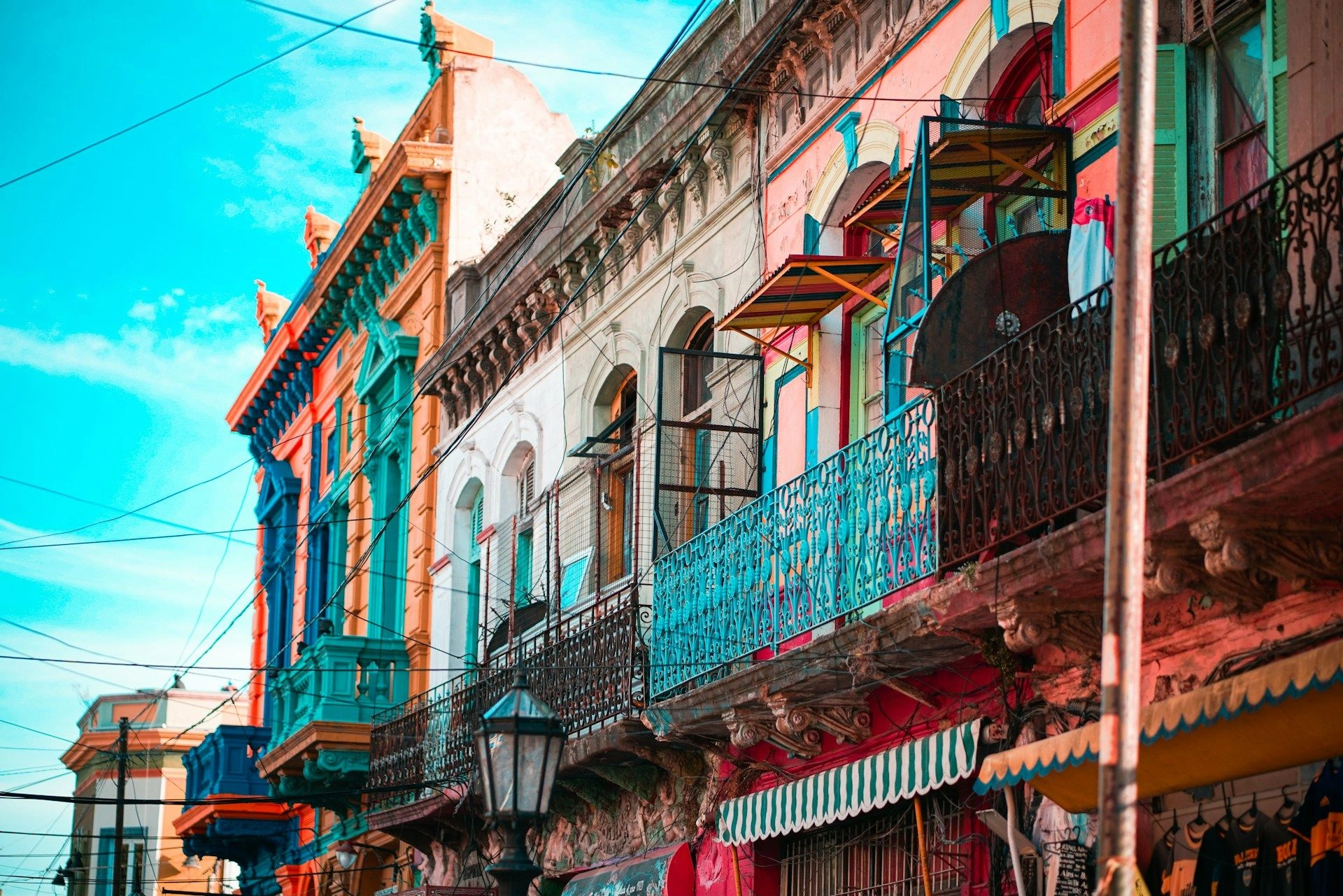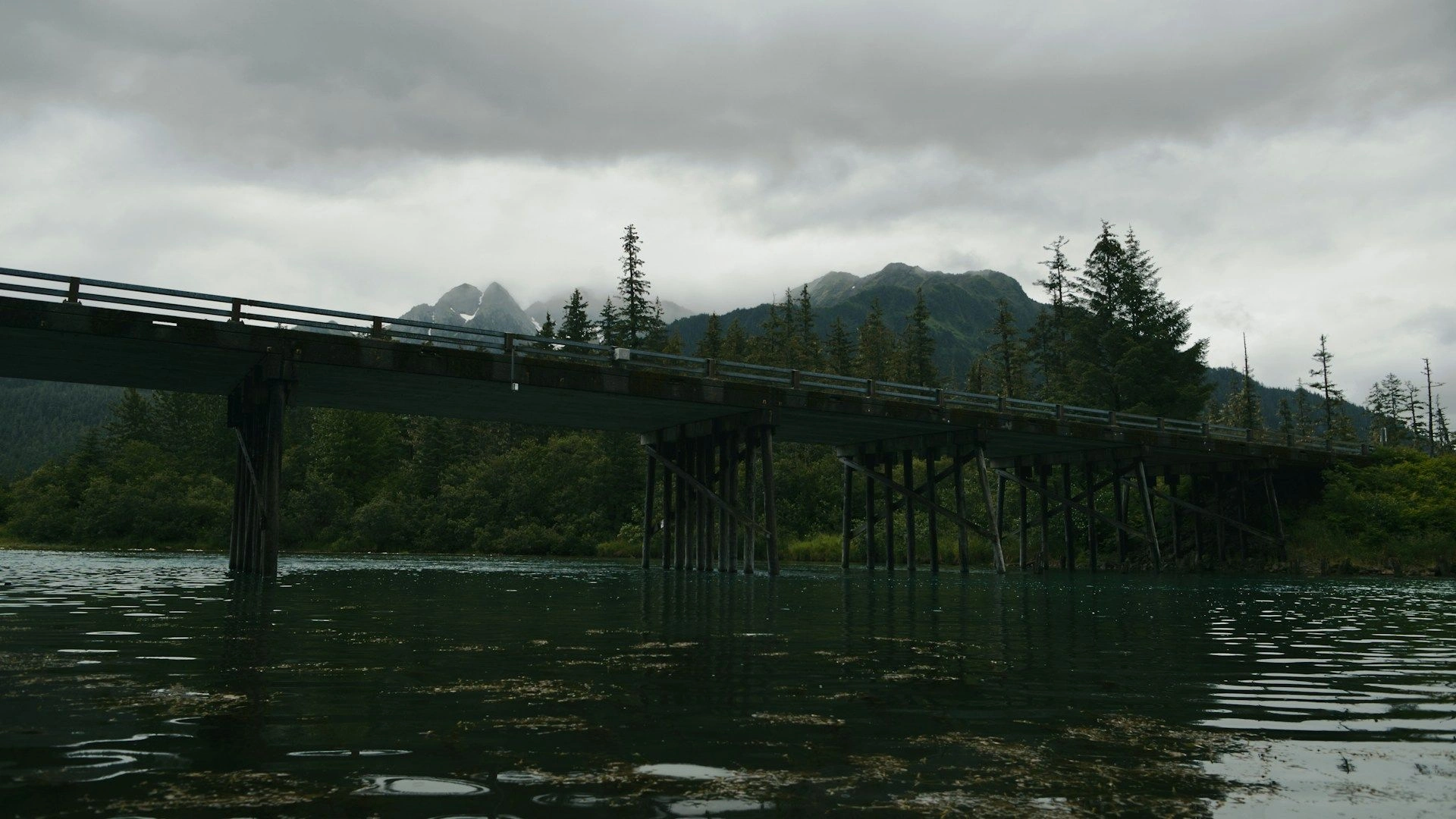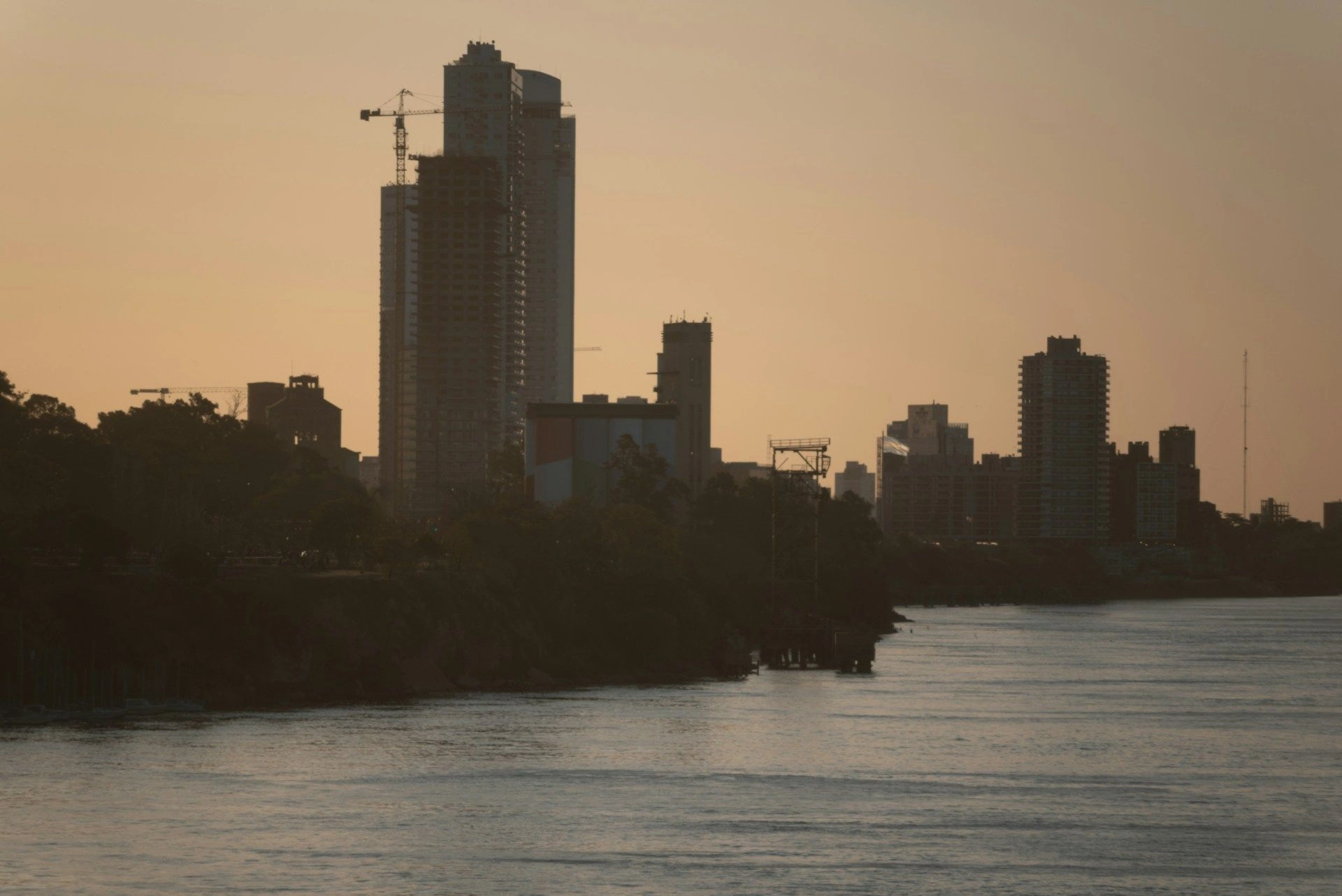Argentina Investment Real Estate – Opportunities for BuyersEuropean-style livingwith South American contrasts

Best offers
in Argentina
Popular
cities and regions in Argentina
Benefits of investment in
Argentina real estate
Low-cost entry in a high-demand market
Buenos Aires offers classic architecture and strong tenant interest at accessible prices.
Attractive yields in USD-based leases
Many rentals are dollarized, protecting returns from local currency risks.
Global cultural appeal and urban charm
The city draws creatives, students, and digital nomads year-round.
Low-cost entry in a high-demand market
Buenos Aires offers classic architecture and strong tenant interest at accessible prices.
Attractive yields in USD-based leases
Many rentals are dollarized, protecting returns from local currency risks.
Global cultural appeal and urban charm
The city draws creatives, students, and digital nomads year-round.

Useful articles
and recommendations from experts
Real Estate in Argentina: Affordable Opportunities in a Diversified Market
Why Invest in Property in Argentina
Argentina presents a unique opportunity for real estate investors seeking affordable property prices, lifestyle appeal, and long-term upside. Despite macroeconomic volatility, the country offers a well-developed property market, diverse landscapes — from bustling cities to rural vineyards — and unrestricted ownership rights for foreigners. Key cities like Buenos Aires and Córdoba, along with tourism hubs like Mendoza and Patagonia, continue to attract interest for both residential and commercial property. For those who understand currency and regulatory risks, Argentina’s real estate sector offers high-value assets at globally competitive prices.
Types of Real Estate and Permitted Uses
The Argentine real estate market is versatile, with options ranging from urban apartments to expansive agricultural land. Common property types include:
- City Apartments: Especially in Buenos Aires, apartments dominate the urban housing landscape and serve both locals and expats.
- Detached Homes and Townhouses: Found in suburban neighborhoods and smaller cities like Rosario and Salta.
- Country Estates (Estancias): Large properties used for agriculture, cattle ranching, or rural tourism.
- Vineyards and Farmland: Located primarily in Mendoza and the Pampas region. Foreigners can own agricultural land with few restrictions.
- Commercial Units: Shops, warehouses, and office buildings, particularly in Buenos Aires, Córdoba, and other commercial centers.
- Tourist Properties: Cabins and small hotels in Patagonia, Bariloche, or coastal towns offer seasonal rental potential.
Legal Framework and Ownership for Foreigners
Argentina permits foreign nationals to acquire real estate under the same legal terms as locals. Key legal aspects include:
- Unrestricted Ownership: Foreigners may freely purchase, lease, and sell property, including land and buildings.
- CUIT Tax ID: A local tax ID is required before acquiring real estate. It is issued by the Argentine tax authority (AFIP).
- Public Deed and Notary: All transactions must be recorded in a public deed via a licensed notary (escribano), who conducts due diligence and title verification.
- Title Registration: Registered with the Real Property Registry of the respective province, ensuring legal ownership.
- Ownership via Companies: Property can be held through Argentine corporations or trusts for investment structuring or inheritance planning.
Property Prices and Market Trends
Argentina’s property prices are largely denominated in U.S. dollars, providing some stability amid local currency fluctuations. As of 2024:
| Location | Average Apartment Price (per m²) | House Price Range |
|---|---|---|
| Buenos Aires – Palermo | $2,000 – $2,800 | $200,000 – $600,000 |
| Buenos Aires – Microcentro | $1,500 – $2,200 | $150,000 – $400,000 |
| Mendoza | $900 – $1,400 | $120,000 – $350,000 |
| Bariloche (Patagonia) | $1,500 – $2,300 | $180,000 – $500,000 |
| Córdoba | $1,000 – $1,800 | $130,000 – $300,000 |
Prices have decreased in real terms due to economic downturns, but remain attractive for foreign buyers with hard currency. Cash purchases dominate due to limited mortgage availability.
Rental Yields and Investment Potential
Rental yields in Argentina vary significantly based on location, property type, and lease structure. In general:
- Buenos Aires (Long-Term Rentals): 4%–6% gross yield in mid-range apartments, depending on tenant profile.
- Short-Term Rentals (Airbnb): Popular in Palermo, Recoleta, and San Telmo. Gross yields can exceed 8%, but require licensing in some municipalities.
- Student and Worker Housing: Stable demand in cities like Córdoba and La Plata. Affordable units yield 6%–9% gross annually.
- Vineyard Estates / Eco-Tourism: Offer lifestyle value and seasonal rental revenue, though with less liquidity.
Landlords should account for tenant protection laws, which tend to favor renters and regulate rent increases and eviction timelines.
Top Regions for Real Estate Investment
Argentina’s vast territory offers diverse opportunities:
- Buenos Aires: The capital and most active market. Palermo and Recoleta attract tourists and upper-income locals; Microcentro and Belgrano are business-oriented.
- Mendoza: Known for wine tourism, vineyards, and affordable lifestyle investments.
- Bariloche and Patagonia: High-end second homes, lakefront properties, and eco-tourism developments draw both locals and foreigners.
- Córdoba: University hub with demand for student housing and long-term rentals.
- Tigre and Pilar (Buenos Aires Province): Suburban gated communities offer space and security near the capital.
Taxes and Transaction Costs
Foreign and domestic buyers face the same tax obligations. Estimated costs include:
- Transfer Tax: 1.5% of the declared property value, paid by the seller.
- Notary and Legal Fees: 2%–4% of the property value, including title verification, registration, and documentation.
- Stamp Duty: 3.6% (1.8% each buyer and seller), depending on the province.
- Annual Property Tax (ABL): Varies by location; usually low compared to international standards.
- Rental Income Tax: 21% VAT for furnished short-term rentals; 35% income tax on net income may apply.
- Capital Gains Tax: For foreign sellers, capital gains are taxed at 15% unless exempt under special rules.
Currency Controls and Repatriation
Argentina has strict currency controls that may affect investors:
- Repatriation Limits: Foreign investors may face difficulties sending profits abroad due to Central Bank restrictions.
- Blue Market Rate: An unofficial exchange rate offers better conversion for USD but is illegal for formal transactions.
- Cash Deals: Common practice, with most property transactions executed in U.S. dollars outside the banking system.
Professional guidance is essential to ensure compliance and protect capital.
Residency and Real Estate
While property ownership does not automatically grant residency, it can support a residency application. Residency options include:
- Investor Visa (Visa de Inversionista): Requires a minimum investment of ARS 1.5 million in productive activity, including real estate-related business.
- Retirement Visa: Available to foreigners with proof of regular monthly income (e.g., pensions or rental income).
- Digital Nomad Visa (under development): Expected to offer temporary residency for remote workers.
Holders of temporary residency can convert to permanent residency after two years of legal presence.
Infrastructure and Services
Argentina has generally reliable infrastructure in urban areas, though service quality varies by region:
- Transportation: Buenos Aires features subways, buses, and airports. Domestic flights connect to all provinces.
- Internet and Utilities: Stable in major cities; rural areas may lack connectivity and consistent service.
- Healthcare: A mix of public and private hospitals; expats typically use private insurance.
- Education: International schools and top universities attract both locals and foreigners.
- Safety: Varies significantly by location. Gated communities are popular for added security.
Risks and Considerations
Real estate investors should be cautious of the following risks:
- Economic Instability: Inflation, recession, and currency devaluation are ongoing concerns.
- Tenant Protections: Strict rental laws may limit landlord flexibility, especially in long-term leases.
- Bureaucracy: Paperwork and processes can be slow and require local legal assistance.
- Market Liquidity: Selling property may take time, especially outside Buenos Aires.
Conclusion: Strategic Entry Point for Value-Driven Investors
Argentina’s real estate market offers exceptional value and lifestyle potential for those who navigate its complexities. With affordable pricing, legal openness to foreigners, and opportunities across residential, commercial, and rural sectors, Argentina appeals to retirees, lifestyle investors, and opportunistic buyers. However, macroeconomic challenges demand careful planning, local expertise, and a long-term horizon. For investors willing to embrace the risks, Argentina stands out as one of Latin America's most promising — and most intriguing — property markets.




